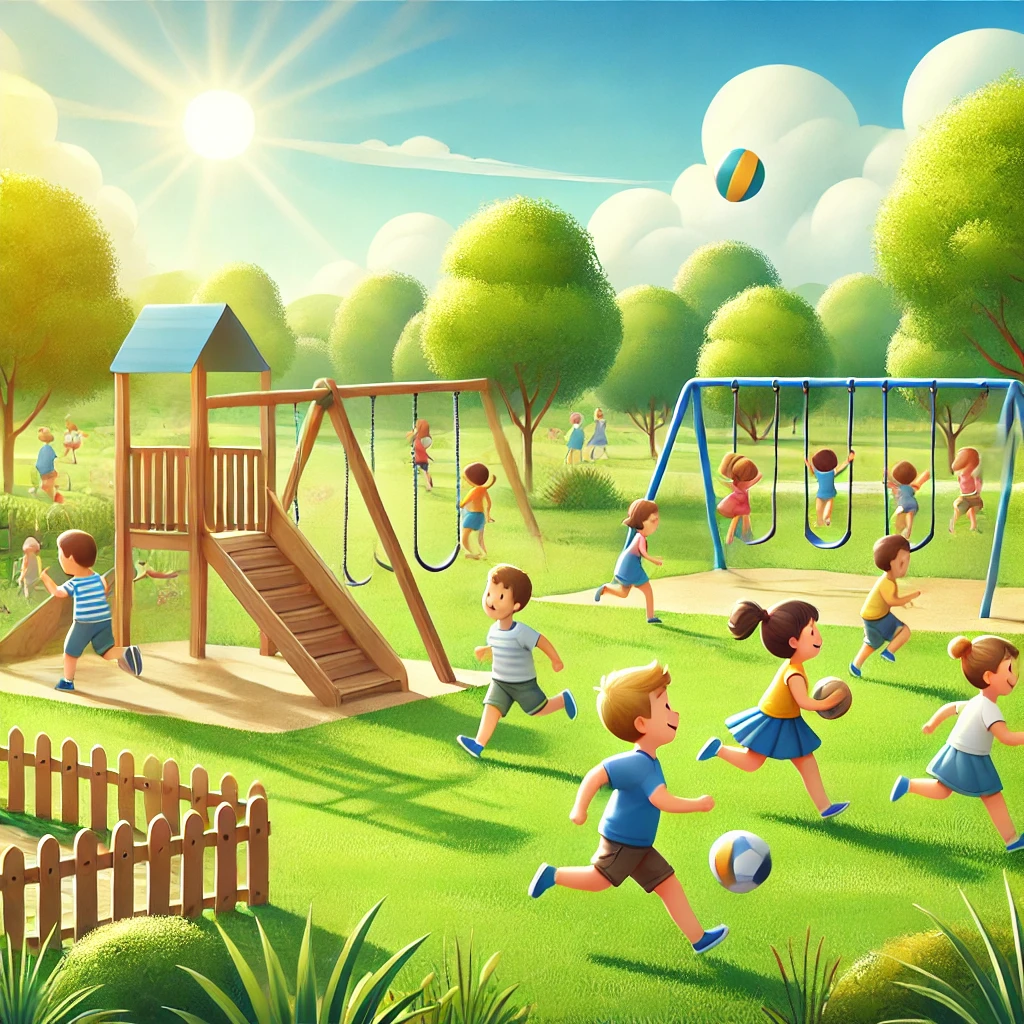Outdoor play provides many developmental benefits for children. Getting the kids outside allows them to explore nature, be physically active, and interact with other children. Outdoor playtime is crucial for a child’s growth and well-being. Here’s why.
Connecting with Nature
One of the main advantages of outdoor play is that it allows children to connect with nature. Spending time outdoors exposes kids to fresh air, sunlight, plants, animals, and the changing seasons. Being in nature helps children gain an appreciation for the natural world. They can climb trees, catch bugs, splash in puddles, build snowmen, and more. Interacting with the natural environment stimulates their senses and sparks curiosity.
Getting fresh air and sunlight provides health benefits as well. Sunshine helps children’s bodies make vitamin D, which is important for strong bones and muscles. Breathing fresh air promotes healthier lungs and cardiovascular fitness. Being outside in nature feels good for kids’ bodies and minds!
Promoting Physical Activity
Another benefit of outdoor play is that it encourages physical activity. When children play outside, they run, jump, climb, swim, ride bikes and scooters, and engage in active play. They have room to roll down hills, play tag, kick balls, and more. Active outdoor play helps children build physical coordination, strength, flexibility, and balance. It also helps them expend energy, develop gross motor skills, and gain stamina.
The NHS recommends that children get at least 60 minutes of physical activity per day. Outdoor playtime is an excellent way for them to meet this goal. Letting kids play actively outdoors is important for their fitness, coordination, and healthy growth.
Social and Emotional Skills
In addition to physical benefits, outdoor play also promotes children’s social and emotional development. When kids play outside together, they learn important interactive skills like cooperation, sharing, problem-solving, and communication. Negotiating play helps them learn to take turns, follow rules, and get along with others. This builds their self-confidence and conflict-resolution abilities.
Outdoor environments also allow children to take reasonable risks. They can swing across monkey bars, climb a tree, or balance along a curb. Managing these risks helps kids learn about their own abilities and builds self-esteem. Unstructured outdoor play encourages imagination, creativity, and role-playing as well. Kids may pretend to go on adventures, reenact stories, or make up new games. This benefits their cognitive and emotional growth.
Finding Green Spaces
For children to enjoy the many benefits of outdoor play, families and those fostering in Milton Keynes or elsewhere need access to green spaces. Parks, playgrounds, back gardens, community gardens, hiking trails, and beaches provide opportunities for kids to connect with nature and be active outdoors. If safe green spaces are not nearby, parents can search online maps and resources to find them.
Schools and childcare centers should also provide outdoor playtime each day. Planting trees and gardens on-site creates a natural space for children’s outdoor activities. Field trips to nature reserves, farms, or zoos can supplement outdoor learning as well. With a bit of planning, parents and caregivers can ensure kids experience the joys and benefits of playing outside in nature regularly. The developmental advantages of outdoor play are well documented. Nature-based active play nourishes children’s minds, bodies, and spirits. Making outdoor activities a priority helps raise healthy, resilient, and confident kids with a lifelong appreciation for the natural world.
Stay in touch to get more updates & news on Orangedip!


